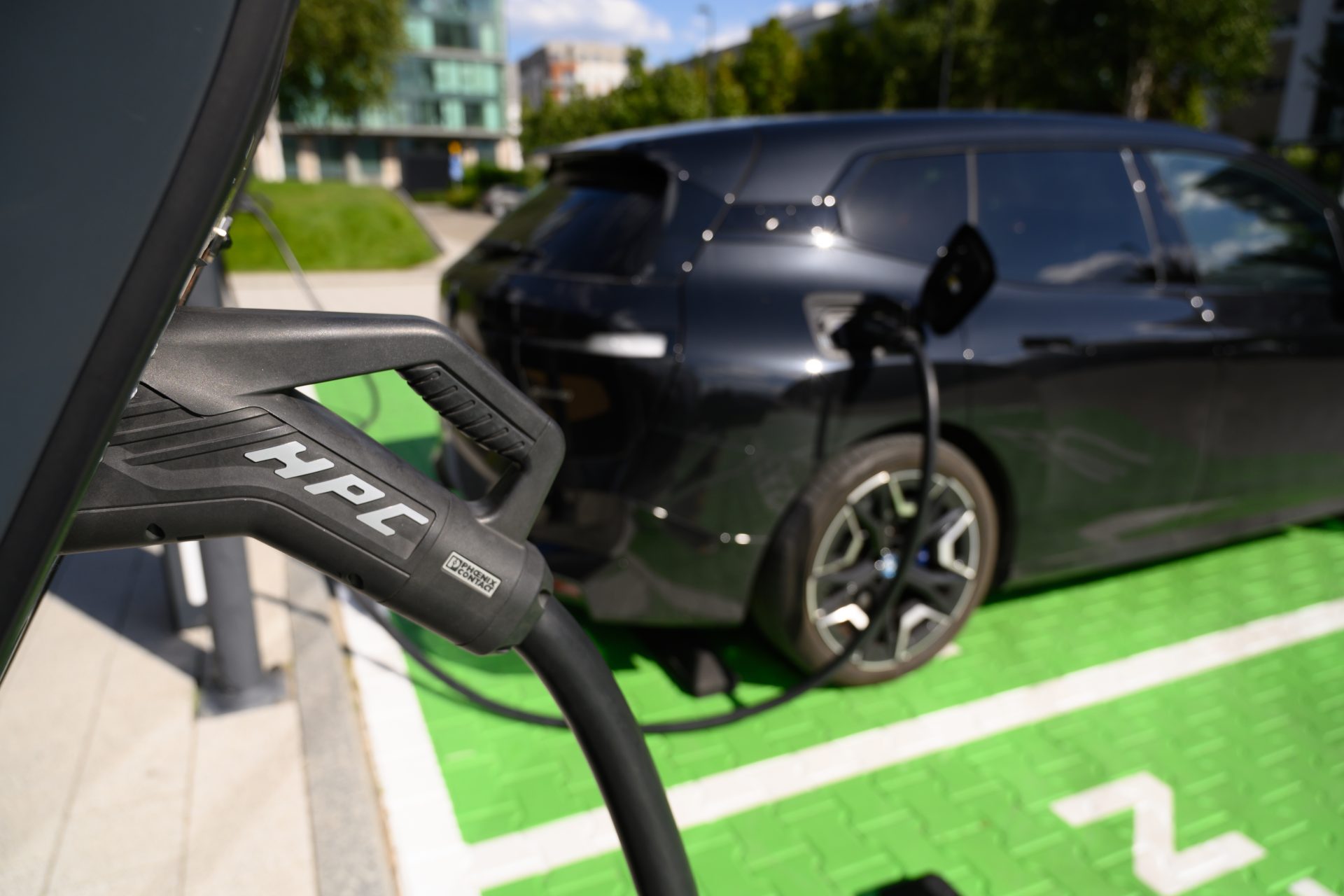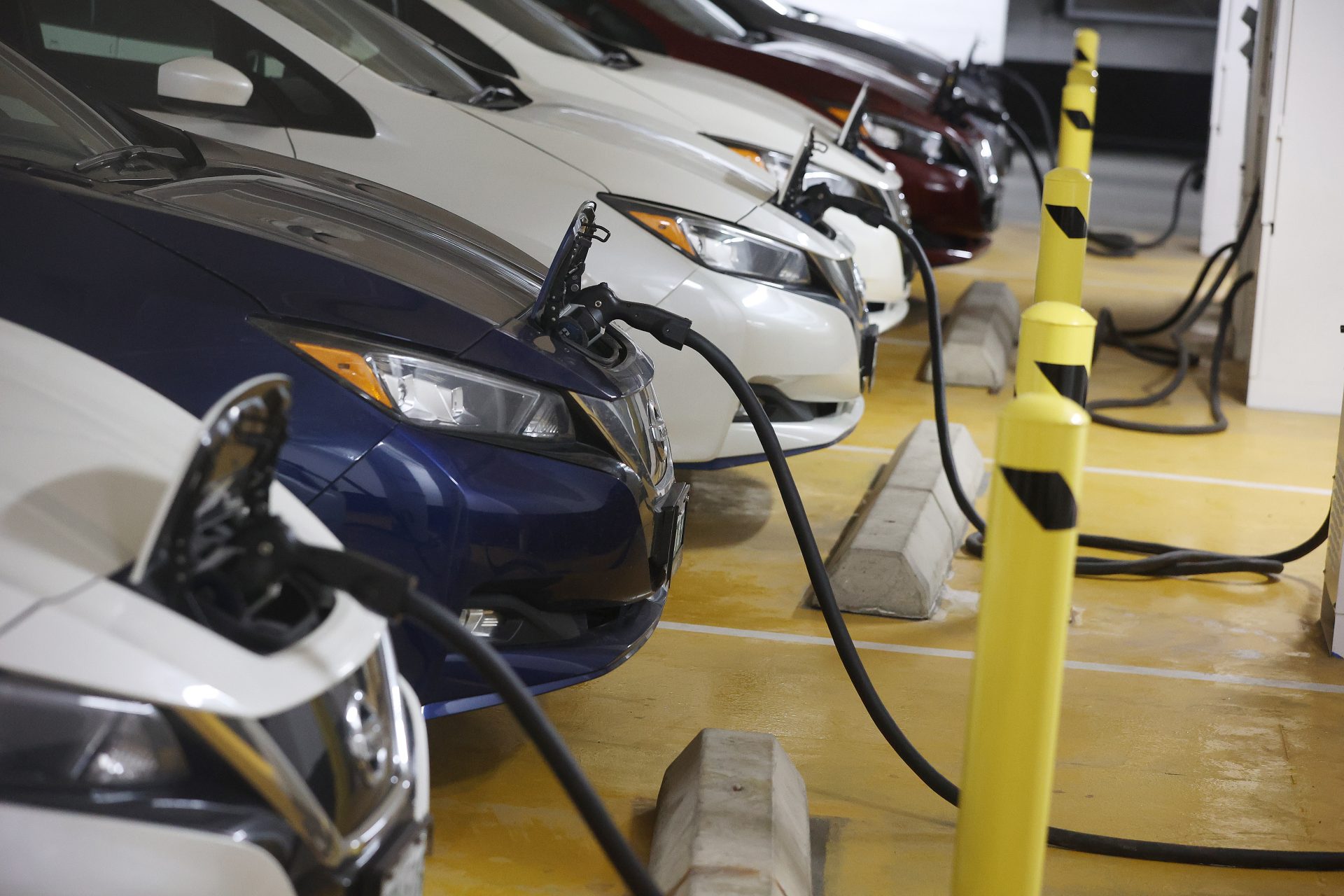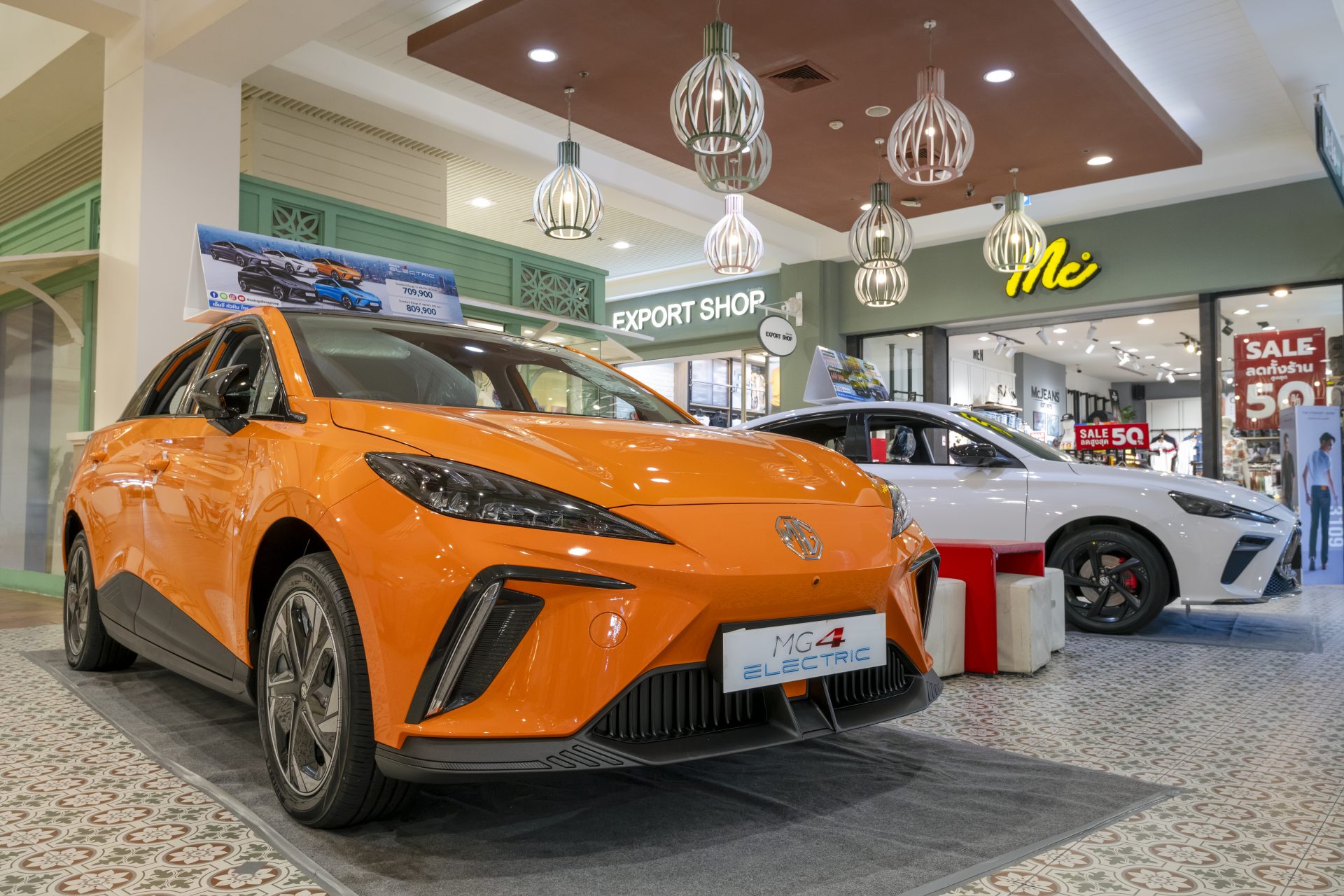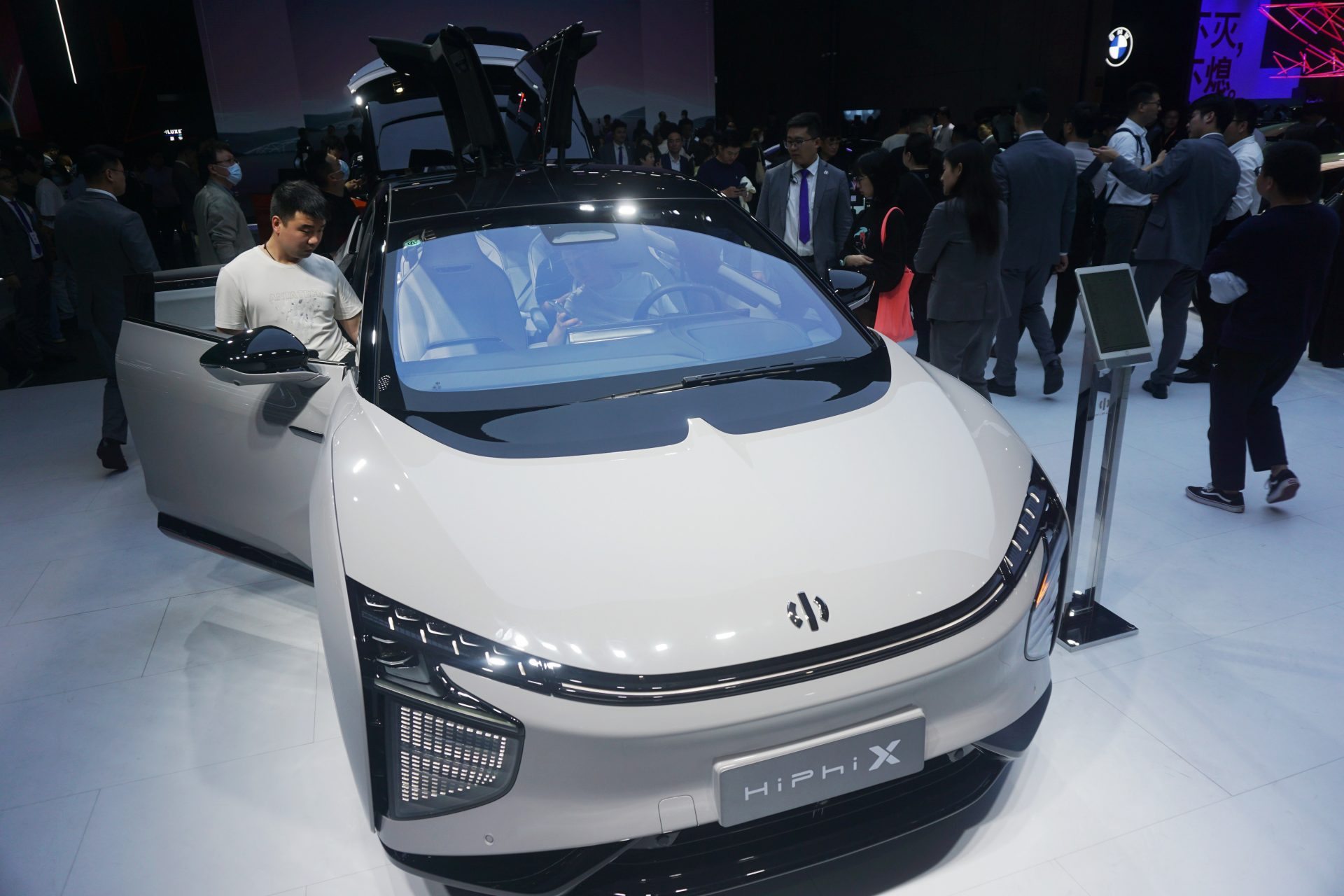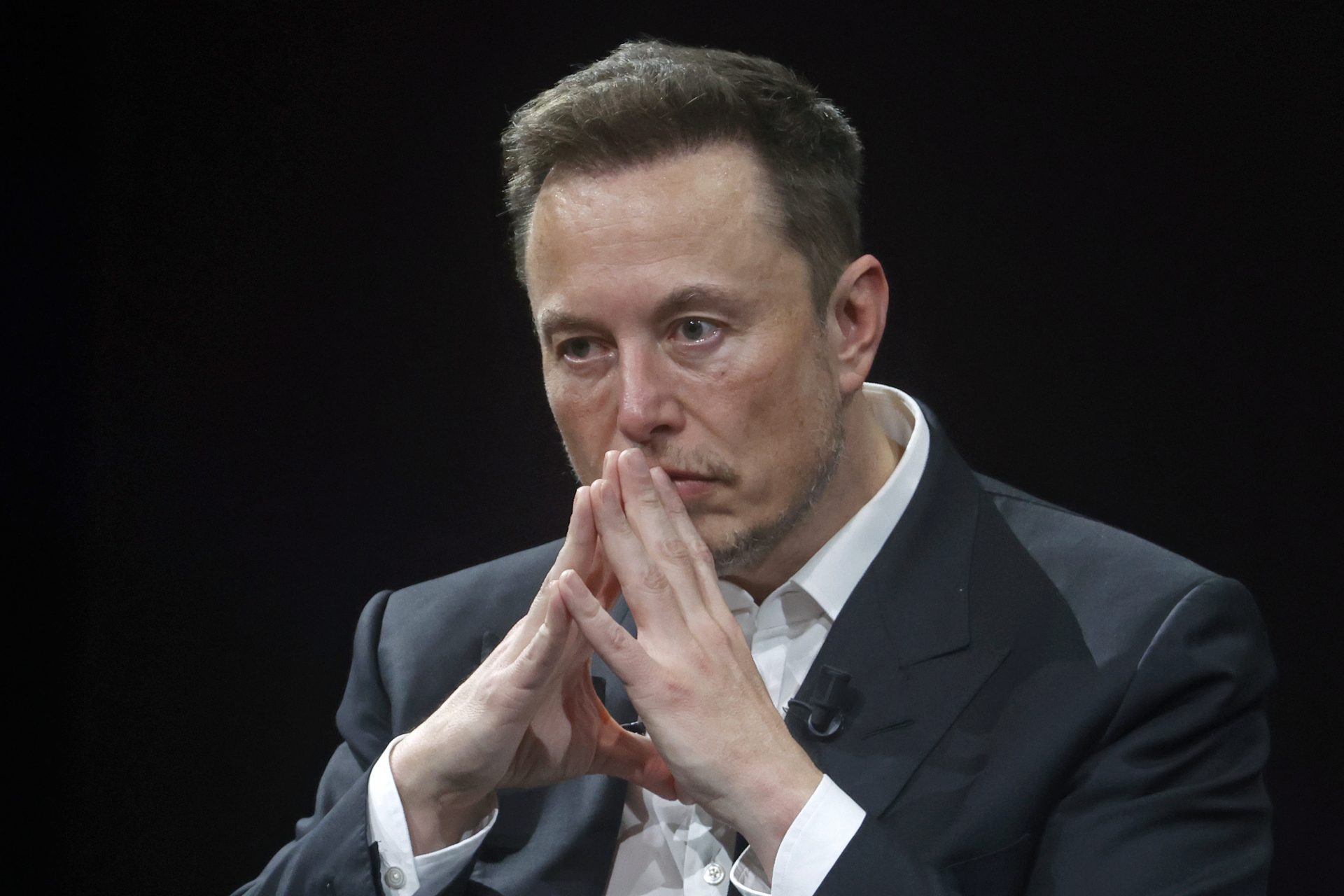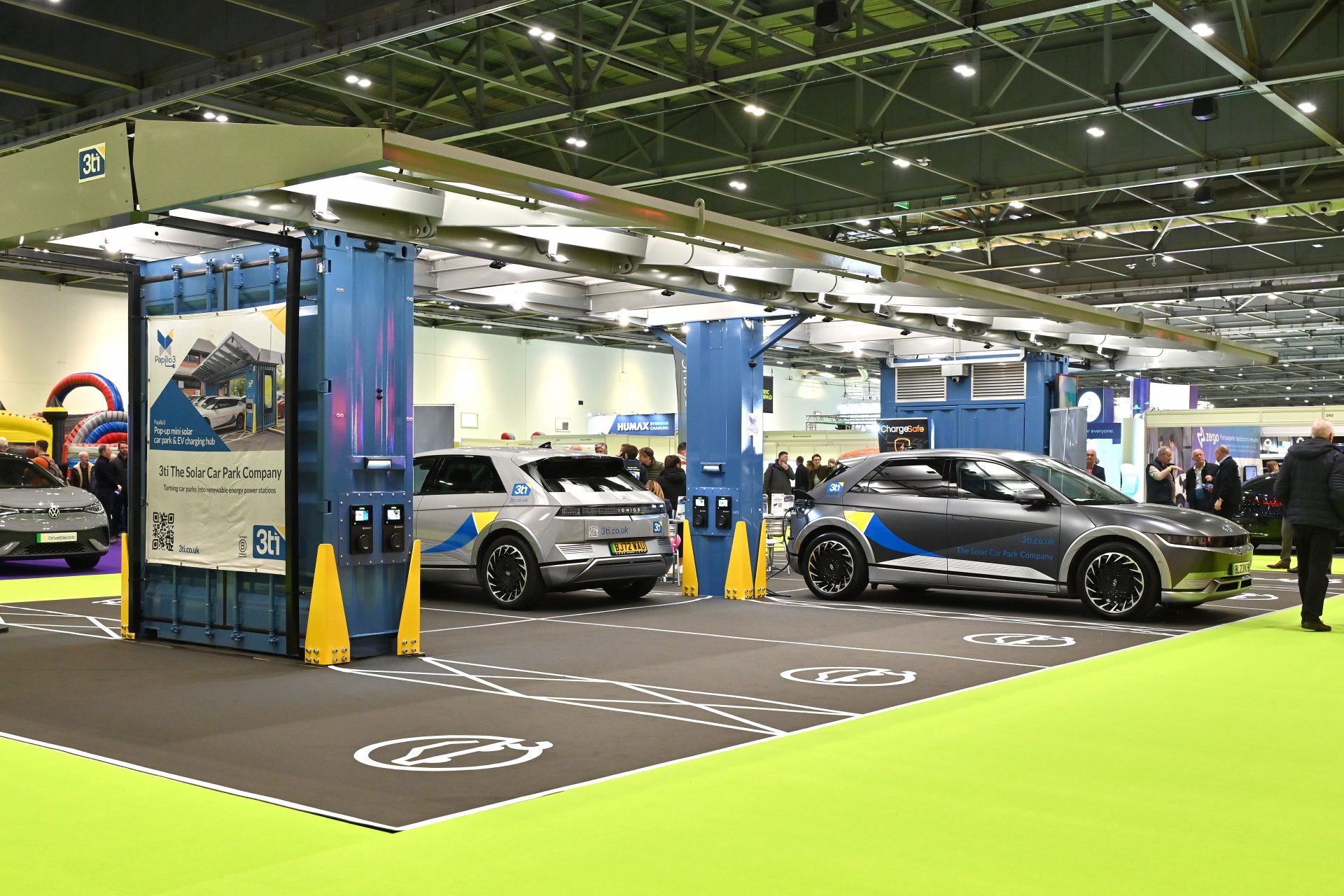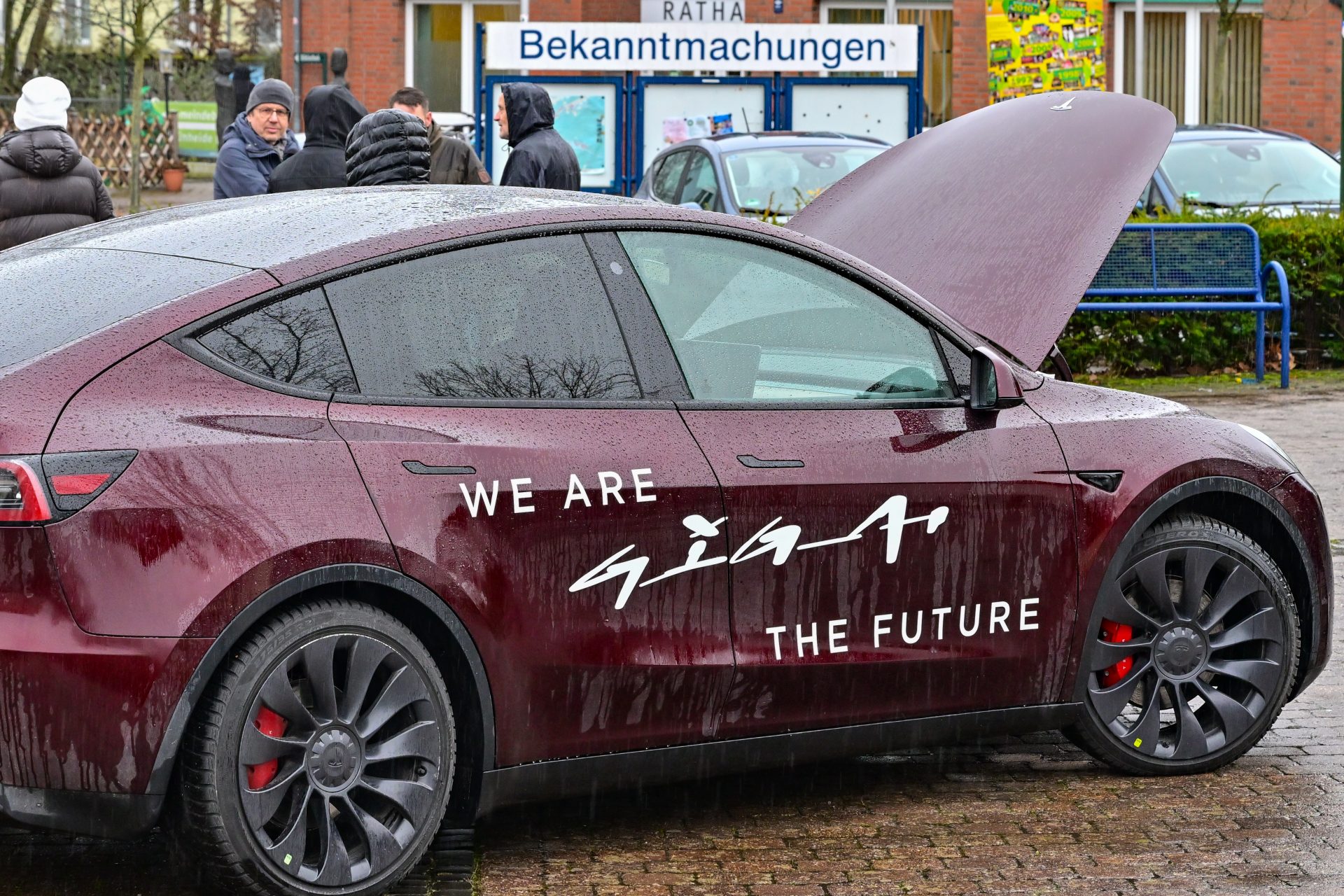EU drivers embrace the EV while US and Australia shift into reverse
The EU registered the sale of a record number of electric vehicles last year while close to half American and Australian EV owners say they are tempted to return to gas, according to the McKinsey & Co.’s 2024 Mobility Consumer Pulse study.
The study surveyed 30,000 motorists around the world over a period of three years and concluded that Australians were the most likely to U-turn (49%) while Americans were also expressing significant disenchantment (46%). The reason most drivers gave was a lack of infrastructure.
So while there were 1.5 million new battery-only electric passenger cars on the road in Europe in 2023 – a 48.5% increase on 2022, according to Innovation News Network – the study unveiled a significant level of discontent among seasoned EV drivers.
According to Motor 1 News, among the 15 countries surveyed were the US, Brazil, China, Germany, Norway, France, Italy, Germany and Australia. The average number of motorists overall contemplating ditching the cleaner drive was 29%.
The countries where EV owners appeared most likely to keep with the new technology were Japan, Italy, France and Norway, with only 13% of Japanese motorists considering throwing in the towel, 15% of Italian drivers and 18% of French and Norwegians.
Only 24% of Germans suggested they would give up on EVs and 28% of Chinese. Brazilians were closer to Australians and Americans at 38%. Meanwhile, on the positive side, 38% of the survey’s respondents who do not yet drive an EV, are considering either an EV or a hybrid for their next car.
Bloomberg reported a rise of 35% in global sales of EVs in 2023 compared to 2022, amounting to 14 million purchases, with China driving the boom. Last September, 38% of the country's tourist vehicle sales were EVs.
But while China’s consumers appear enthusiastic, the US EV market lags behind both China and Europe, with US car manufacturers rowing back on EV targets and Elon Musk sounding less than cheerful about Tesla’s 2023 results, according to Bloomberg.
EVs in the US are becoming synonymous with a badge of political affiliation, say Bloomberg. Most EVs are bought in states with a strong Democrat vote while Republican states can be seen to be sticking to more traditional technology.
Among the biggest deterrents to keeping to an electric car, according to the study, was the lack of public recharging facilities (35%), the initial cost of the vehicle (34%) and the fact the car could not make the same distances without recharging (32%).
Bloomberg believes there is reason to be optimistic regarding recharging infrastructure, with 2023 witnessing the installation of 1.4 million new recharging points globally. As EV ownership gathers momentum, operators consider these hubs increasingly viable economically, according to the news site.
But the real deterrent in the US is vehicle price, according to a 2024 report by Bank of America, which states “EV demand growth has slowed sharply in 2024, likely due in part to affordability.” Only 3% of EVs in the US are priced at less than $37,000, according to the research by CleanTechnica, compared with more than half of gas-powered or hybrid vehicles.
A staggering 40% of respondents in the McKinsey & Co.’s 2024 Mobility Consumer Pulse study were not familiar with the ins and outs of EV technology and know next to nothing about EVs, reports The Canberra Times.
According to CleanTechnica’s analysis of the McKinsey report, there are a significant number of people who believe that an EV cannot be driven in the rain or through a puddle – presumably due to fears of being electrocuted, suggesting that the marketing of these vehicles still has some way to go.
More for you
Top Stories



